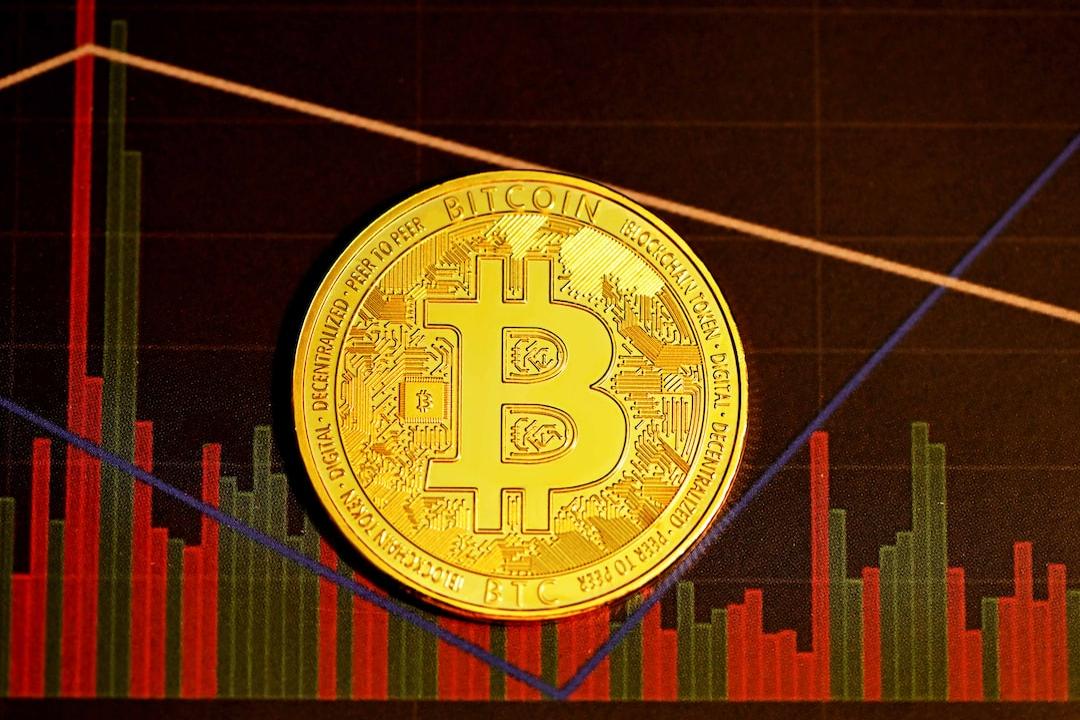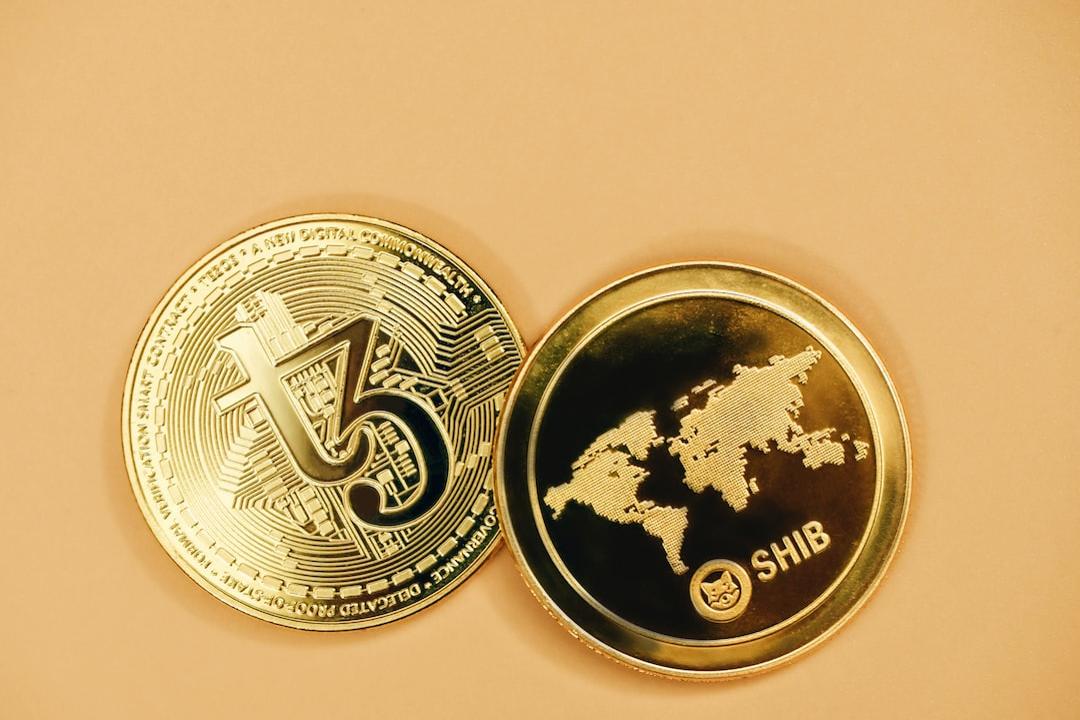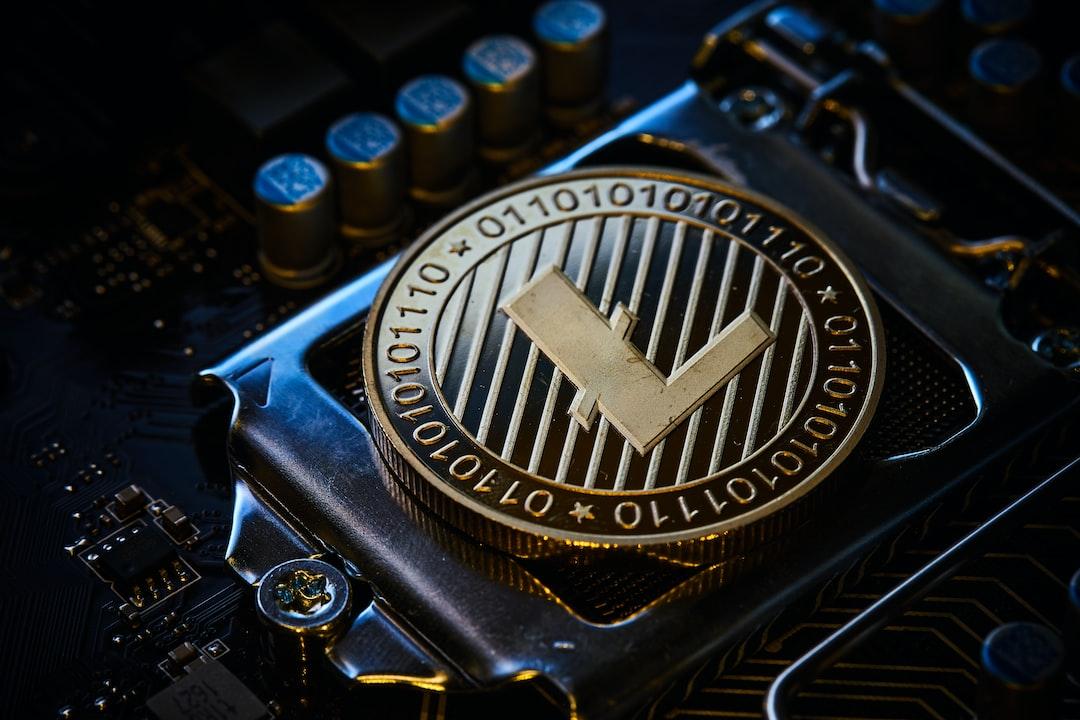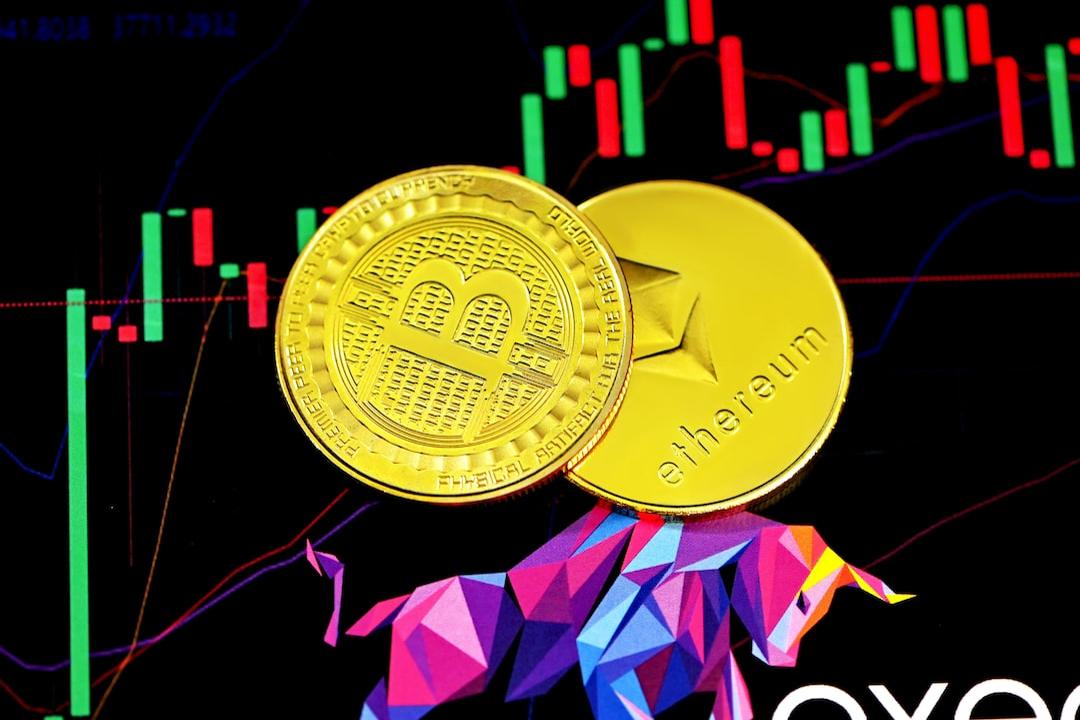Multiple publicly listed companies are beginning to add altcoins like Litecoin, Solana, and BNB to their corporate treasuries, expanding what initially began as a Bitcoin-only playbook.
MEI Pharma, CEA Industries, and Bit Mining have each revealed new crypto holdings or investment plans in recent days, signaling a coordinated shift in treasury strategy.
While none have credited the firm directly, the influence of Michael Saylor’s Strategy—the world’s first publicly traded Bitcoin treasury firm—is hard to ignore. Companies are no longer just holding Bitcoin. They are betting that a broader set of blockchain assets belongs on the corporate balance sheet. Specifically, prominent institutions are now opting for altcoins instead of Bitcoin for their corporate treasuries.
Altcoins Break Into Corporate Balance Sheets
The diversification of corporate treasuries marks a growing conviction that crypto is no longer just a speculative asset class. Companies appear more willing to hold volatile tokens as long-term reserves, especially mid-sized firms with a higher risk threshold. The timing is also notable. The new strategy comes during a fragile market recovery and coincides with renewed institutional inflows into altcoins like Ethereum, Solana, and SUI.

MEI Pharma has made the boldest move yet. The biotech firm added 929,548 Litecoin to its reserves, worth nearly $100 million at the time of disclosure. The firm’s prior filings confirmed a treasury policy shift focused on crypto. However, this purchase signals intent to position LTC as a strategic reserve, not just a hedge. MEI has become the first publicly listed U.S. company to allocate such a large amount to Litecoin.

CEA Industries followed with its aggressive push. The company filed to raise $750 million, earmarked to expand its Binance Coin (BNB) treasury. CEA manufactures systems for controlled-environment agriculture. Its pivot toward BNB appears speculative. However, the scale of the raise—many multiples of its market cap—suggests the company may be eyeing a new corporate identity centered around digital asset exposure.

Bit Mining also added another layer to the trend. The firm disclosed a $4.89 million Solana purchase—27,191 tokens—alongside the launch of its own Solana validator. The move goes beyond passive investment. By entering Solana’s consensus ecosystem, Bit Mining is signaling deeper integration, with validator rewards possibly serving as recurring revenue.
Each company is carving out a different path, but the message is clear: altcoins are no longer off-limits for public treasuries.
Ethereum and XRP are Becoming Treasury Staples
Ethereum and XRP are quietly becoming the default altcoin picks for treasury diversification. Their scale, liquidity, and maturing regulatory profiles drive a shift from speculative bets to structured allocations.
Ethereum’s case is straightforward. With spot ETFs now live in the U.S., exposure no longer requires direct custody, lowering both legal and operational friction for treasury teams. BlackRock, Fidelity, and Franklin Templeton already manage ETH-based products, and on-chain data shows steady inflows to wallets holding over 10,000 ETH. Wallets of this size are often linked to institutional entities or funds.

Moreover, the combined market cap of public companies holding ETH surged from under $2.5 billion in early 2025 to over $9 billion by August, signaling growing corporate conviction.
XRP’s return to relevance follows its partial legal victory over the SEC. Japan’s SBI Holdings holds XRP in its treasury and remains one of the token’s most active institutional supporters. While U.S.-listed firms remain cautious, entities in Asia and Latin America appear more willing to include XRP as a cross-border settlement asset.
SUI: The “New Kid on the Block”
Additionally, SUI, previously absent from public treasury disclosures, now has its first corporate backer. Mill City Ventures closed a $450 million private placement to launch a formal SUI treasury strategy. They have become the first publicly traded company to do so.
Nearly all of Mill City’s entire raise has been allocated toward SUI purchases, with the company acquiring over 76 million tokens at an average price of $3.64. Backed by the Sui Foundation and Galaxy Asset Management, the move signals rising institutional interest in next-generation blockchain platforms.
Notably, public companies are not rotating out of cash. They are rotating into assets they believe have long-term utility.

